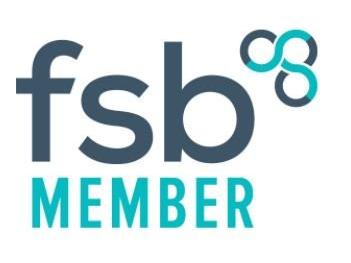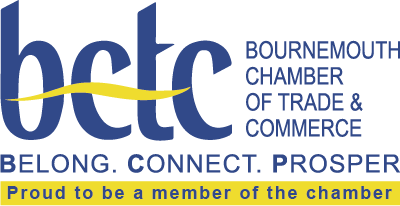Important SEO Questions you need to be able to Answer
When Organic SEO Might Be Relevant
There are cases when Organic SEO can still be valuable for local businesses, such as building authority or driving traffic to blogs or resources on your website. For example, a local bakery might use Organic SEO to attract people looking for recipes or baking tips, which could bring more visibility to their site over time. But keep in mind, Organic SEO is a slower burn; it’s more of a long-term play and doesn’t always lead to immediate leads.
Generally speaking organic SEO is more appropriate when a company is focusing on informational type searches such as "how do I get to the top of Google" as opposed to more transactional searches with commercial intent such as "seo agency near me".
Find out more about Organic SEO
Combining Local and Organic SEO
While Local SEO is generally the go-to for small businesses, combining Local and Organic SEO can help build brand awareness and drive traffic over the long term. Just be cautious: Local SEO and Organic SEO require different techniques and skillsets so doubling up on these two services will increase costs. Focusing too heavily on Organic SEO can dilute your local reach and may not give you the immediate, practical results you need.
The Two Key Questions to Kickstart Your SEO Campaign:
- What Search Term Do I Want to Rank For?
- Where Do I Want to Appear?
Before diving into an SEO campaign, it’s essential to get clear on two foundational questions that will shape the direction and success of your strategy. Answering these will make sure you’re targeting the right audience and locations, maximizing the impact of your investment.
What Keyword Do I Want to Rank For?
This question is all about identifying the search terms (keywords) that potential customers use when looking for services like yours. For local businesses, these are often straightforward but targeted keywords that reflect what you offer, your industry, and how customers talk about your services.
For example:
- If you’re a plumber, you may want to rank for terms like “emergency plumber” or “plumbing repair.”
- A law firm might want to target “family lawyer” or “divorce attorney.”
But here’s the kicker: for local businesses, you’ll often benefit from adding location-specific keywords. This makes your business more relevant to people nearby, so instead of just “plumber,” you’d target “plumber in Christchurch” or “best plumber near me.” It’s about making sure your keywords connect to how people in your area actually search for services like yours.
Tip: Think about the questions or issues customers typically have when they need your service and use those as inspiration for your keywords. Targeting specific, relevant terms can mean the difference between attracting curious browsers and ready-to-buy customers.
Where Do I Want to Appear?
Once you know what keywords you want to rank for, the next question is: where do you want those search results to show up? For small, local businesses, the answer is usually within your immediate area or a specific radius around your location.
Local SEO aims to make sure your business appears in search results for people close to you, like in Google’s Local Pack (those map-based results at the top) and on location-based search platforms like Google Maps. If you’re a brick-and-mortar store, service provider, or any business relying on local customers, you’ll want to focus on ranking in your town, city, or neighbourhood—wherever your customers are actually located.
If you’re looking to bring in a regional audience (e.g., the whole Dorset area), then it’s about expanding that radius but still keeping your focus local. Conversely, if you’re a business that sells products nationally, then you’ll look more broadly at Organic SEO for national ranking, though that generally requires more resources and patience.
Tip: Consider where most of your business comes from or where you’d like to expand within your region. This will guide your strategy for Local SEO and help you avoid spreading your efforts too thin over areas that may not yield many leads.
By answering these two questions—what you want to rank for and where you want to appear—you’ll have a clear roadmap for building an SEO strategy that truly aligns with your business goals. It keeps your efforts focused, your audience targeted, and your investment working where it matters most.
Final Takeaway: Local SEO for Practical, Tangible Results
From my experience as an SEO agency, local SEO is the best fit for small businesses that need leads from nearby customers and don’t want to get lost in a national SEO strategy. It brings more relevance and quicker results and makes it easy to see where your investment is paying off. So if you’re done with confusing, high-cost SEO that doesn’t seem to move the needle, it’s time to focus on an approach that actually delivers on what matters—bringing customers to your door.
Local SEO helps you get the visibility you need, in the places where it counts most. And with clear, concise reporting, you’ll always know what you’re getting out of it.
If you would like to know more or would like additional information please complete the form below and one of our SEO consultants will be in touch shortly.
Speak to an SEO Consultant
We will get back to you as soon as possible.
Please try again later.




QUICK LINKS
OUR SERVICES
VAT Registration Number GB 455758354
Company number 12460236
All Rights Reserved | Overt Digital Media










